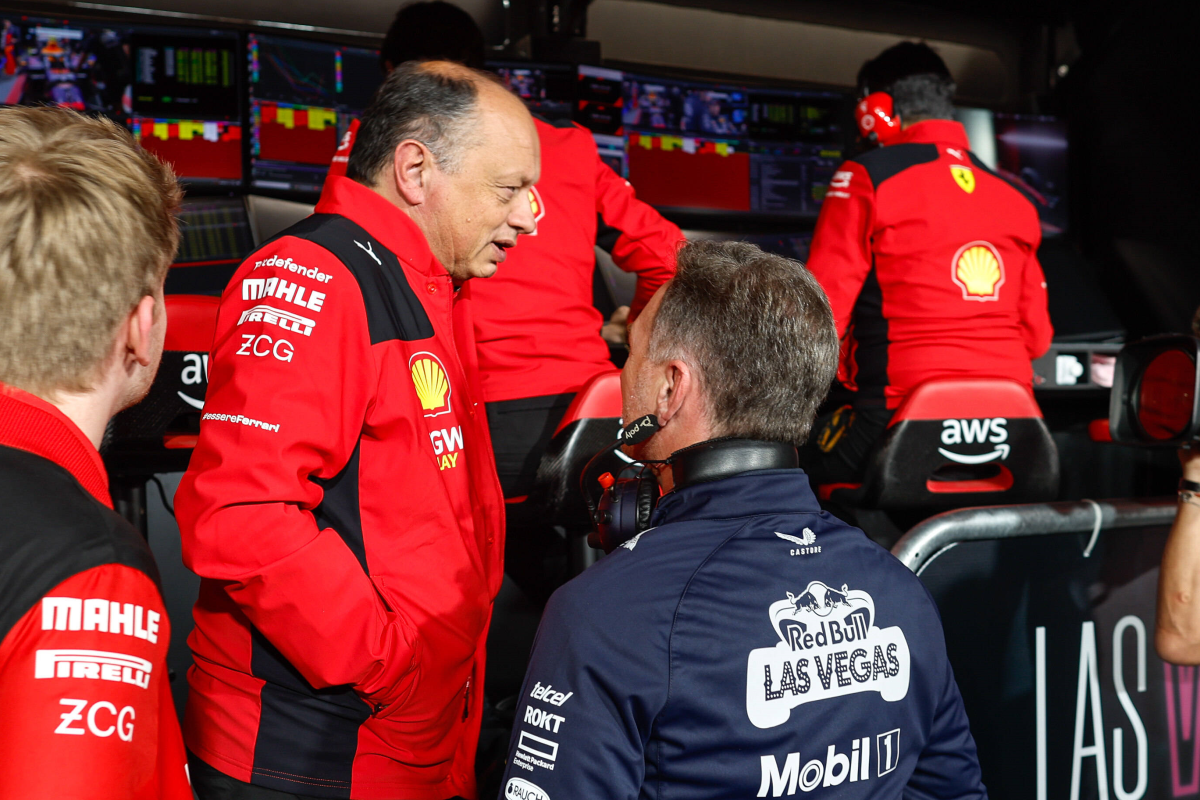ANOTHER team principal change as Vasseur Ferrari dis… read more
Formula 1 has been rocked by yet another high-profile leadership shakeup as Racing Bulls officially announces a new team principal, continuing a wave of dramatic management changes within the sport. This development comes on the heels of Laurent Mekies’ promotion to the top job at Red Bull Racing, stepping in to replace Christian Horner. Mekies’ departure has left a vacancy at Racing Bulls—formerly AlphaTauri—which has now been swiftly filled as internal tensions escalate elsewhere, particularly between Frédéric Vasseur and the Ferrari hierarchy.
The latest appointment marks the continuation of an unusually turbulent season for team leadership across the F1 paddock. The decision to elevate Mekies to Red Bull’s team principal position followed months of speculation around Horner’s status amid internal investigations and performance concerns. Mekies, who had only recently joined Racing Bulls after departing Ferrari, was seen as a rising star with the tactical mind and calm leadership style needed for Red Bull’s current transition period. However, his sudden departure from the Faenza-based team left a leadership gap that needed immediate attention.
Racing Bulls wasted no time naming his replacement, signaling the team’s desire to maintain stability amid the broader chaos affecting several major F1 teams. The identity of the new team principal hasn’t just been about replacing a name—it reflects a strategic pivot for Racing Bulls, as they continue their transformation following their rebranding from AlphaTauri and seek to distance themselves from the shadow of Red Bull’s direct control.
Meanwhile, whispers of unrest have emerged from Maranello, where Frédéric Vasseur’s relationship with key figures at Ferrari is reportedly under strain. Sources close to the team suggest disagreements have arisen between Vasseur and top Ferrari executives over performance expectations, strategic decisions, and internal autonomy. While Vasseur has worked to restore Ferrari’s competitiveness, internal friction could be threatening the unity necessary for a championship-contending campaign.
This double blow—instability at Ferrari and leadership shifts at Red Bull and its junior team—has cast a cloud of uncertainty over the sport’s immediate future. Fans and analysts alike are questioning what these sudden changes mean for the performance and direction of the teams involved. It also raises questions about how much influence senior figures at Red Bull are exercising over both teams and whether Ferrari can maintain leadership cohesion at a crucial time in their development cycle.
The timing of these changes, mid-season and with the championship still in a delicate balance, could prove pivotal. Leadership decisions at the top often trickle down, impacting driver morale, strategic calls, and long-term planning. For Racing Bulls, the challenge now is to adapt quickly under new leadership while continuing to develop their car and support rising talents.
As the season continues, all eyes will be on the paddock not just for racing drama, but for further political maneuvering and structural changes that could redefine team dynamics well into the future.




